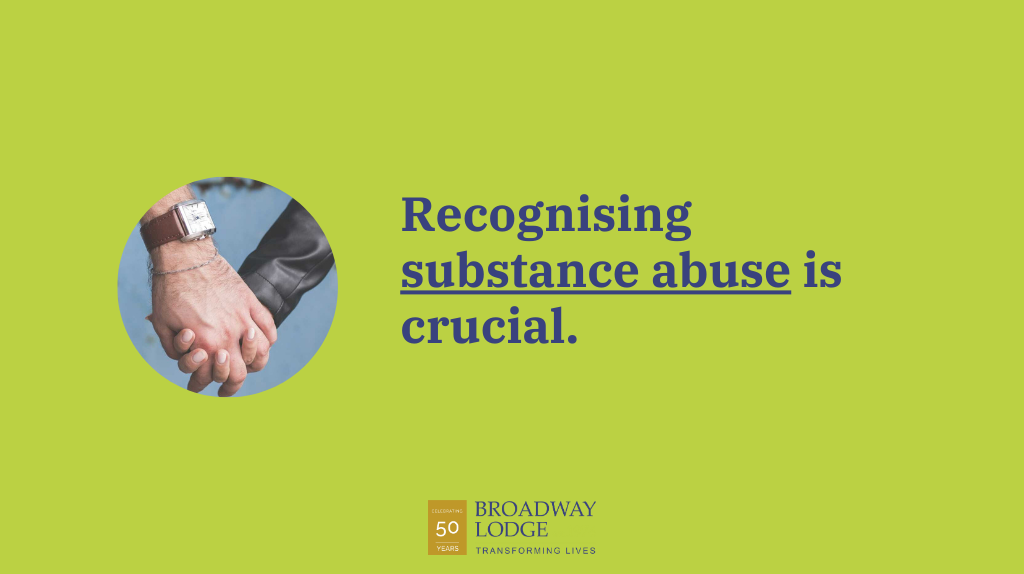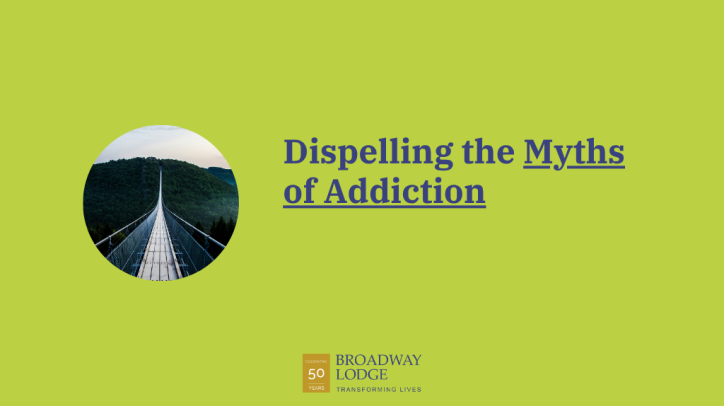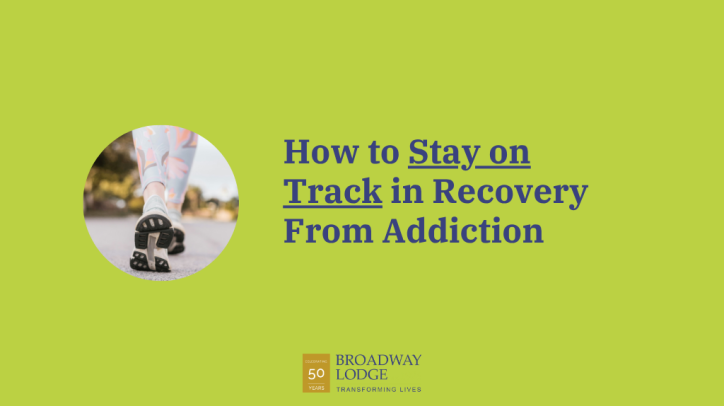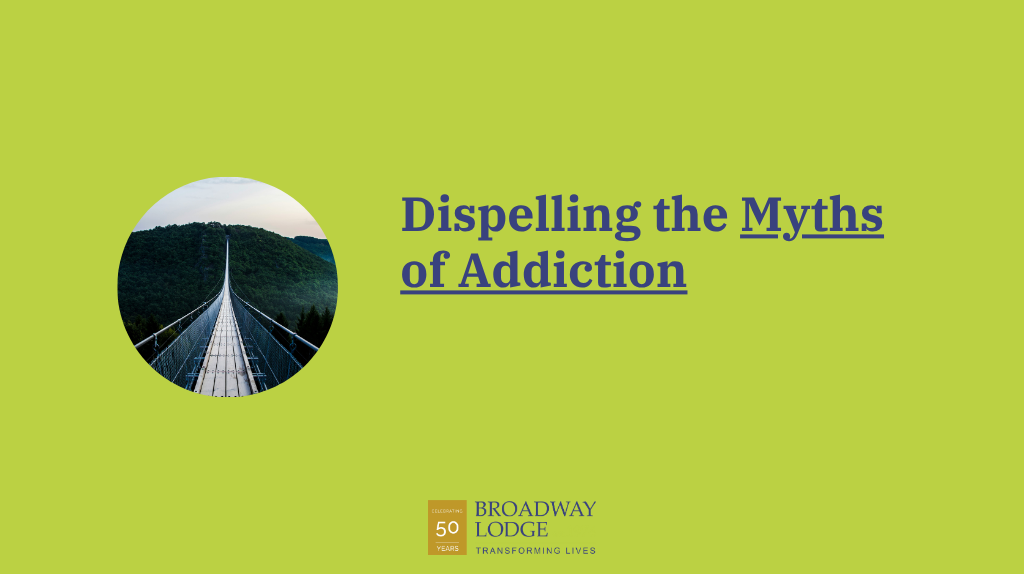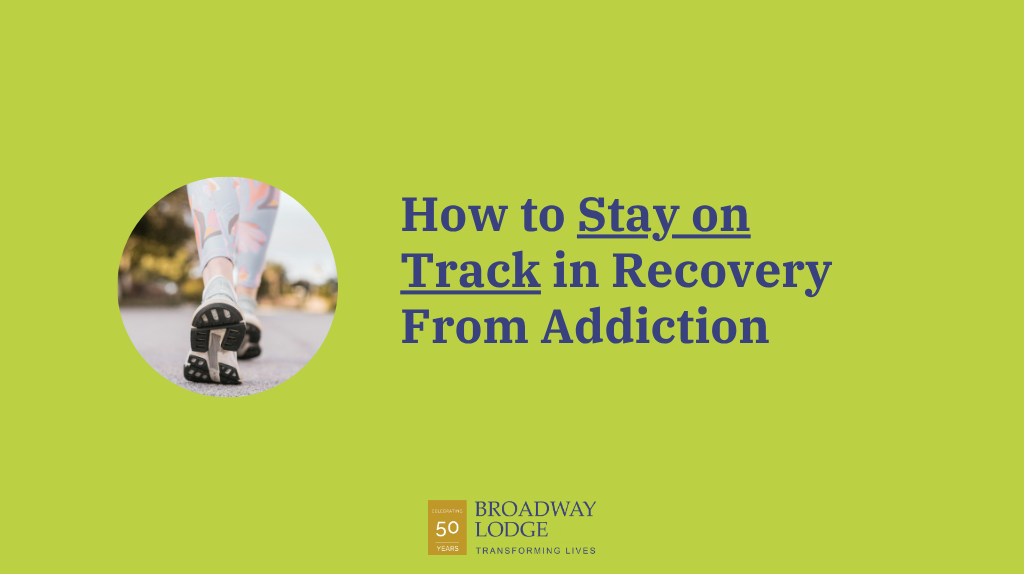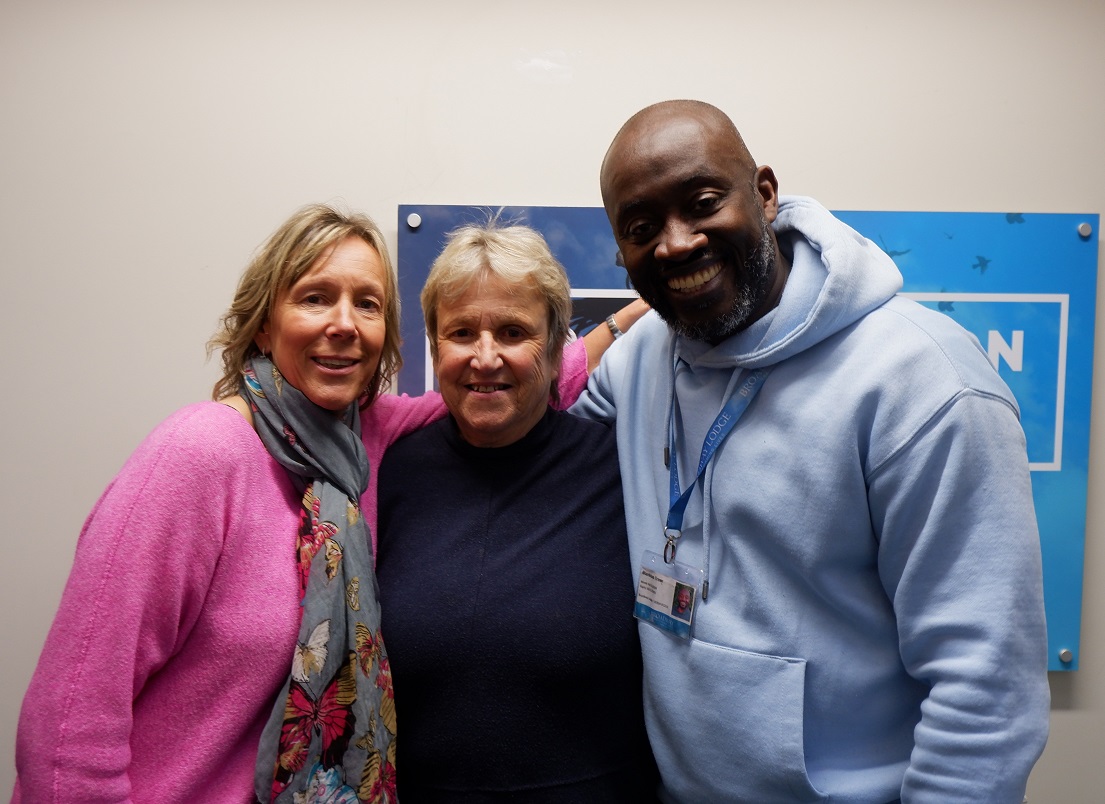Early substance abuse signs include behavioural, physical, psychological, and social changes.
Immediate action includes education, open conversations, and seeking professional help.
Substance abuse is a challenging issue that affects not only the individual involved but also their friends and loved ones. Recognising the early warning signs of substance abuse can be crucial in providing timely help and support. This blog post aims to guide you in identifying these signs, so you can act promptly and effectively.
Understanding substance abuse
Substance abuse occurs when an individual uses drugs or alcohol in a way that is harmful to themselves or others. It often starts with occasional use but can quickly spiral into a dependency that disrupts everyday life. Being aware of the early addiction symptoms is the first step towards intervention and recovery. Symptoms can fall into 4 main categories:
- Behavioural
- Physical
- Psychological
- Social
Behavioural changes
- Increased secrecy and isolation: One of the most telling substance abuse signs is a change in social behaviour. Individuals may start to isolate themselves from friends and family. They might become secretive about their activities or whereabouts.
- Sudden mood wings: Another significant indicator is a drastic change in mood. If someone you know experiences frequent mood swings, irritability, or unexplained aggression, it could be linked to substance abuse.
- Neglecting responsibilities: Early signs of substance abuse often include neglecting work, school, or family responsibilities. This might manifest as poor performance, frequent absences, or a general lack of interest in activities they once enjoyed.
Physical symptoms
- Unexplained weight changes: Substance abuse can lead to sudden weight loss or gain. These changes are often due to changes in appetite, metabolism, or overall health.
- Bloodshot eyes and poor hygiene: Look out for bloodshot eyes, dilated or constricted pupils, and a noticeable decline in personal hygiene. These are common early addiction symptoms.
- Unusual body odours: Certain substances emit distinctive smells that can linger on a person’s breath, clothing, or surroundings. If you notice unusual odours, it could be a sign of drug abuse.
Psychological symptoms
- Paranoia and anxiety: Increased paranoia, anxiety, or unexplained fears can indicate substance abuse. Drugs and alcohol can significantly impact mental health, leading to heightened anxiety or depressive states.
- Memory problems: Difficulty concentrating and frequent memory lapses are also warning signs. If someone is struggling to remember recent events or conversations, it might be due to substance abuse.
- Lack of motivation: A sudden drop in motivation or energy levels can be one of the early signs of drug abuse. Individuals may lose interest in hobbies or goals they once pursued passionately.
Social indicators
- New friendships: Be cautious if someone suddenly starts hanging out with a new group of friends, especially if they seem secretive about these relationships. This change can often be linked to substance use.
- Financial issues: Frequent borrowing, unexplained withdrawals, or missing valuables can indicate that money is being used to fund substance abuse.
- Legal troubles: An increase in legal issues, such as arrests or fines, can be a result of risky behaviours associated with substance abuse.
What next: How to take action
If you recognise any of these signs of substance abuse in someone you know, it’s essential to approach the situation with care and compassion. Here are some steps you can take:
- Educate yourself: Understanding the nature of addiction and its effects can help you provide informed support. You could join one of our monthly Online Family Programme sessions which will provide you with lots of knowledge about the illness of addiction as well as support from a counsellor and others who understand the challenges of being close to somebody with addiction.
- Have an open conversation: Choose a calm and private setting to discuss your concerns. Express your observations without judgement and offer your support.
- Seek professional help: Encourage the individual to consult healthcare professionals or addiction specialists. Sometimes, the involvement of trained experts is crucial for effective intervention.
- Support groups: Suggest joining support groups for both the individual and yourself. These groups offer a network of understanding and shared experiences.
Recognising the early warning signs of substance abuse is vital for timely intervention. By staying vigilant and informed, you can play a crucial role in helping someone struggling with addiction seek the help they need.
If you or someone you know is showing signs of substance abuse, feel free to contact us. Early action can make all the difference in the path to recovery.

